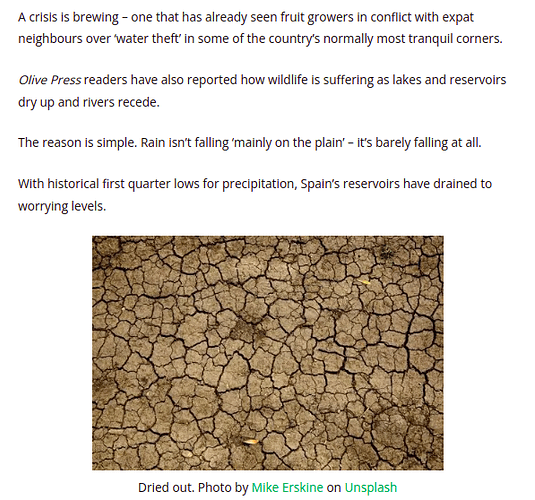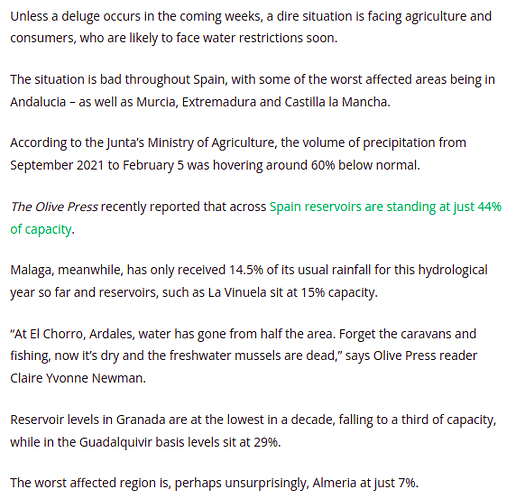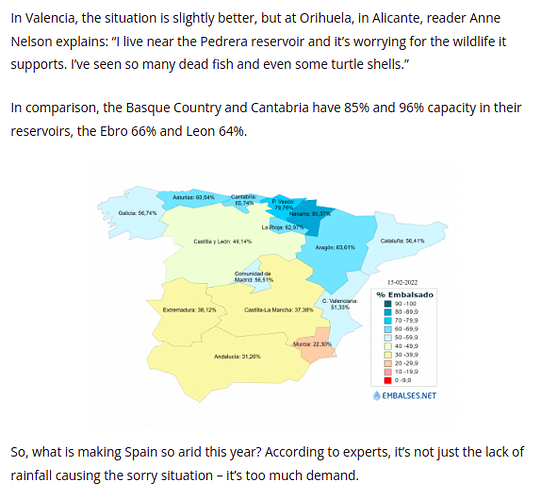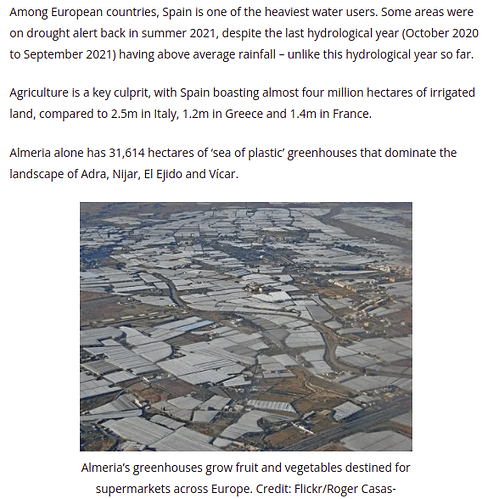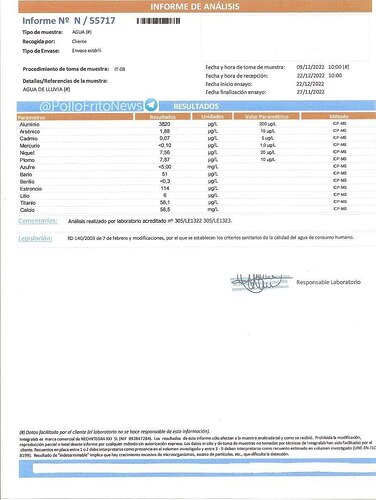The Drought Board announced yesterday the water restrictions that will be applied from 18 April if the necessary rainfall does not occur in the Campo de Gibraltar. The objective of the measures to be adopted is to have 20 cubic hectometres available in the reservoirs at the end of September and to guarantee the supply to the population while awaiting the rains next autumn.
In compliance with the provisions of the Drought Plan approved by the Board of Directors of the regional public company Arcgisa and under the chairmanship of the president of the Association of Municipalities of Campo de Gibraltar, Juan Lozano, a new session of the Drought Committee has taken place.
The working meeting was attended by representatives of the eight municipalities of Campo de Gibraltar together with the technical heads of the companies that manage the water supply in the region (Arcgisa, Emalgesa, Egal and Aguas del Valle del Guadiaro), who were joined by representatives of the AGI (Association of Large Industries) and regional environmental groups.
In view of the current weather forecasts and the persistent lack of rainfall, based on the current situation of the Guadarranque and Charco Redondo reservoirs, and with the aim of guaranteeing the water supply in the Campo de Gibraltar for as long as possible, the drought committee has adopted a series of measures, including the start of water restrictions for the population as of 18 April, unless the long-awaited rainfall occurs.
The measures will involve reducing the pressure on the water supplied in such a way as to achieve a saving that will allow the reservoirs to reach some 20 cubic hectometres by 30 September, in such a way as to guarantee the supply to the population of Campo de Gibraltar until the end of the current year, while awaiting the rains of the period between October and December, the period in which there is traditionally more rainfall in the region. This reduction in pressure would be applied at night.
Likewise, during the session, an account was given of all the measures adopted to date, pointing out the need to reinforce surveillance of the prohibition of non-essential consumption, such as garden watering and street washing, among others, requesting the involvement of local governments by means of municipal bans and under the strict control of the local police.
President Juan Lozano pointed out that "we are facing a serious problem for our region and its citizens and we are doing so by adopting tough but necessary measures, which have the backing of all the actors involved". Lozano stressed that further meetings will be held with all the actors involved, maintaining constant communication on the evolution of the situation.
